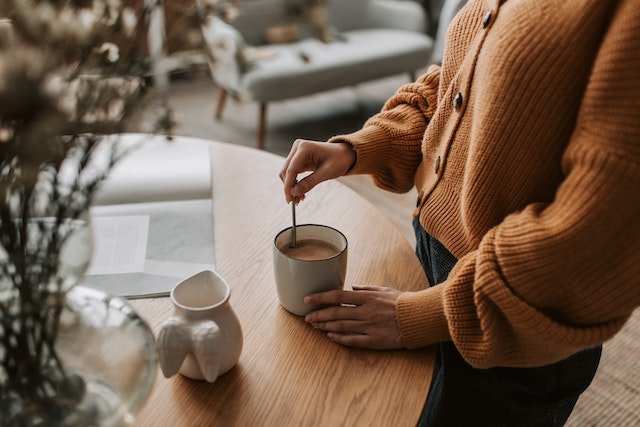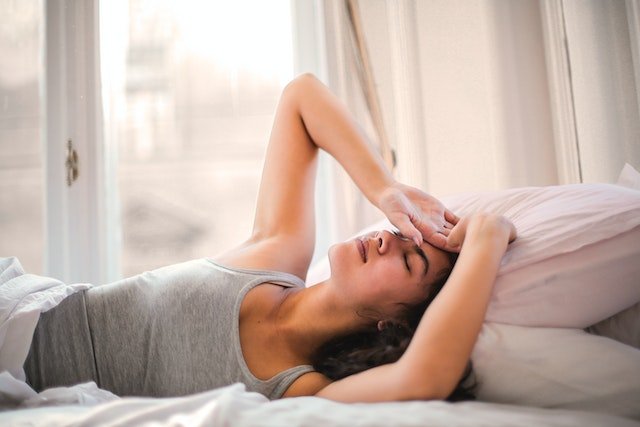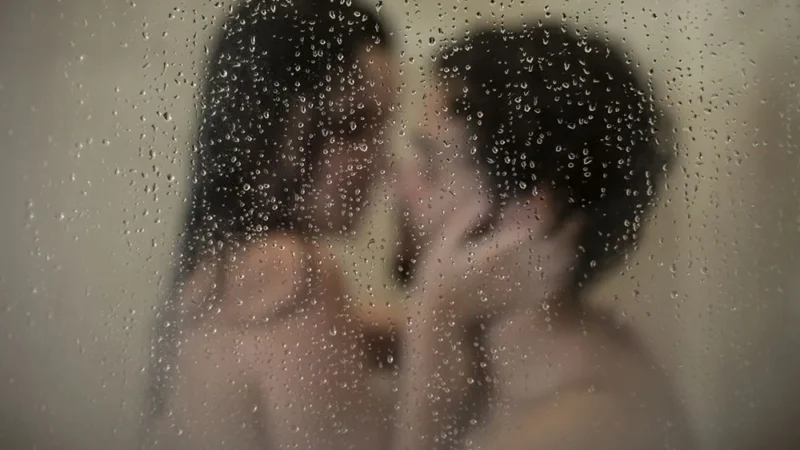The Impact of Alcohol and Caffeine on Sleep: A Deep Dive into Your Nightly Rest
Introduction
Are you struggling with sleep issues? Your nightly habits might be the reason. Two common culprits that can disrupt your rest are alcohol and caffeine. In this blog post, we’ll explore how these substances can impact your sleep quality, the science behind their effects, and what you can do to minimize their impact on your restful slumber.

The Effects of Alcohol on Sleep
Alcohol, a central nervous system depressant, may initially help you fall asleep. However, it can actually disrupt the overall quality of your sleep. Here’s how:
A. Impact on Sleep Stages: Drinking alcohol before bedtime can interfere with the distribution of sleep stages. Alcohol suppresses rapid eye movement (REM) sleep, which is crucial for memory consolidation, learning, and emotional regulation.
B. Frequent Awakenings: Alcohol can cause more frequent awakenings during the night, leading to fragmented and less restorative sleep.
C. Sleep Apnea and Snoring: Alcohol relaxes the muscles in the throat, increasing the risk of sleep apnea and snoring, which can further disrupt your sleep quality.
The Effects of Caffeine on Sleep
Caffeine, a natural stimulant, can have a significant impact on your sleep. Here’s what you need to know:
A. Delayed Sleep Onset: Caffeine can make it harder for you to fall asleep by blocking the action of adenosine, a sleep-promoting neurotransmitter in the brain.
B. Shortened Sleep Duration High caffeine intake can shorten your overall sleep duration, leaving you feeling groggy and fatigued the next day.
C. Sleep Fragmentation Caffeine can cause more frequent awakenings and lighter sleep, which can lead to sleep fragmentation and reduced sleep quality.
Tips for Minimizing the Effects of Alcohol and Caffeine on Sleep
A. Moderate Consumption: Limit your alcohol and caffeine intake, especially close to bedtime. Stick to one or two alcoholic drinks per day and avoid caffeine at least six hours before bedtime.
B. Establish a Relaxing Bedtime Routine: Create a consistent bedtime routine that includes relaxation techniques, such as reading, meditation, or taking a warm bath.
C. Maintain a Sleep-Friendly Environment: Ensure your sleep environment is cool, dark, and quiet. Consider using blackout curtains, white noise machines, or earplugs to create the perfect sleep setting.
Conclusion
Understanding the effects of alcohol and caffeine on sleep is essential for maintaining a healthy lifestyle. By moderating your consumption of these substances and following the tips provided, you can improve your sleep quality and wake up feeling refreshed and rejuvenated. Remember that good sleep is vital for your overall well-being, so make it a priority to prioritize your nightly rest.

- Uncovering the Truth: How Alcohol and Caffeine Impact Your Sleep
- Navigating Nighttime: The Hidden Effects of Alcohol and Caffeine on Your Slumber
- Restless Nights: Decoding the Impact of Alcohol and Caffeine on Sleep Quality
- The Battle for Better Sleep: Understanding Alcohol and Caffeine’s Role in Sleep Disruption
- Sleep Saboteurs: The Surprising Ways Alcohol and Caffeine Affect Your Rest
The Impact of Alcohol and Caffeine on Sleep: A Deep Dive into Your Nightly Rest



